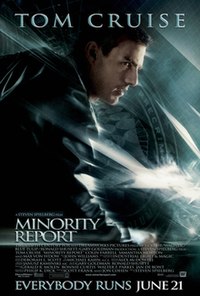Lists


2 Books
Reading List
Sort by:
Recent Desc
More lists by Marjorie



Important
Stuff I think it's important to expose my kids to, at some point, for a wide range of reasons.
September 2022
0
@marjchaos



Favorite Romances
Happy endings or not...
September 2022
0
@marjchaos



Watch List
List includes: Minority Report, Constantine, Journey to the Center of the Earth
September 2022
0
@marjchaos

Podcasts to Try
List includes: The Black Tapes
September 2022
0
@marjchaos